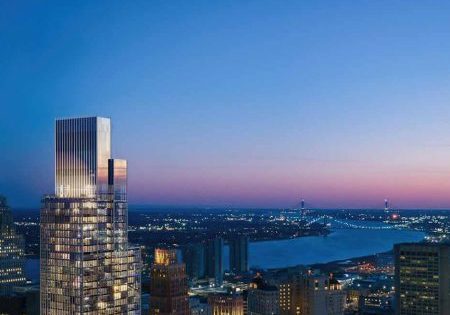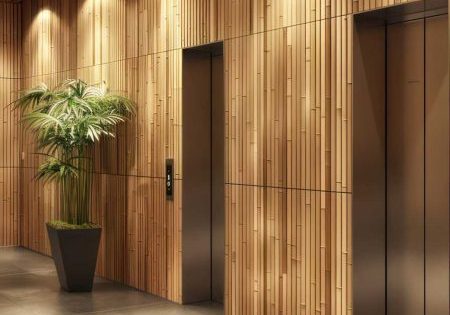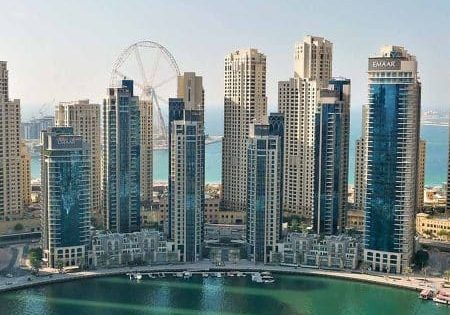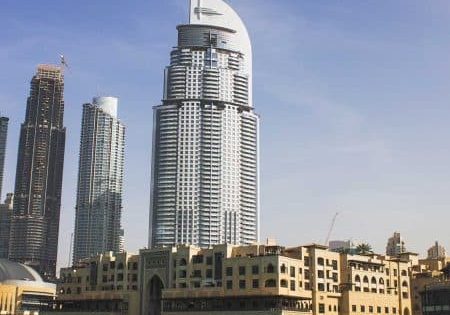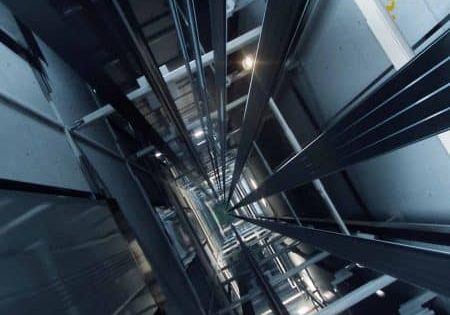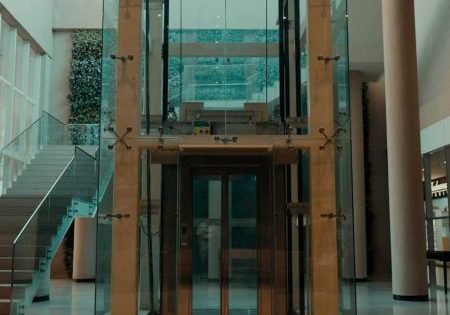Tower of Babel?
Aug 4, 2024
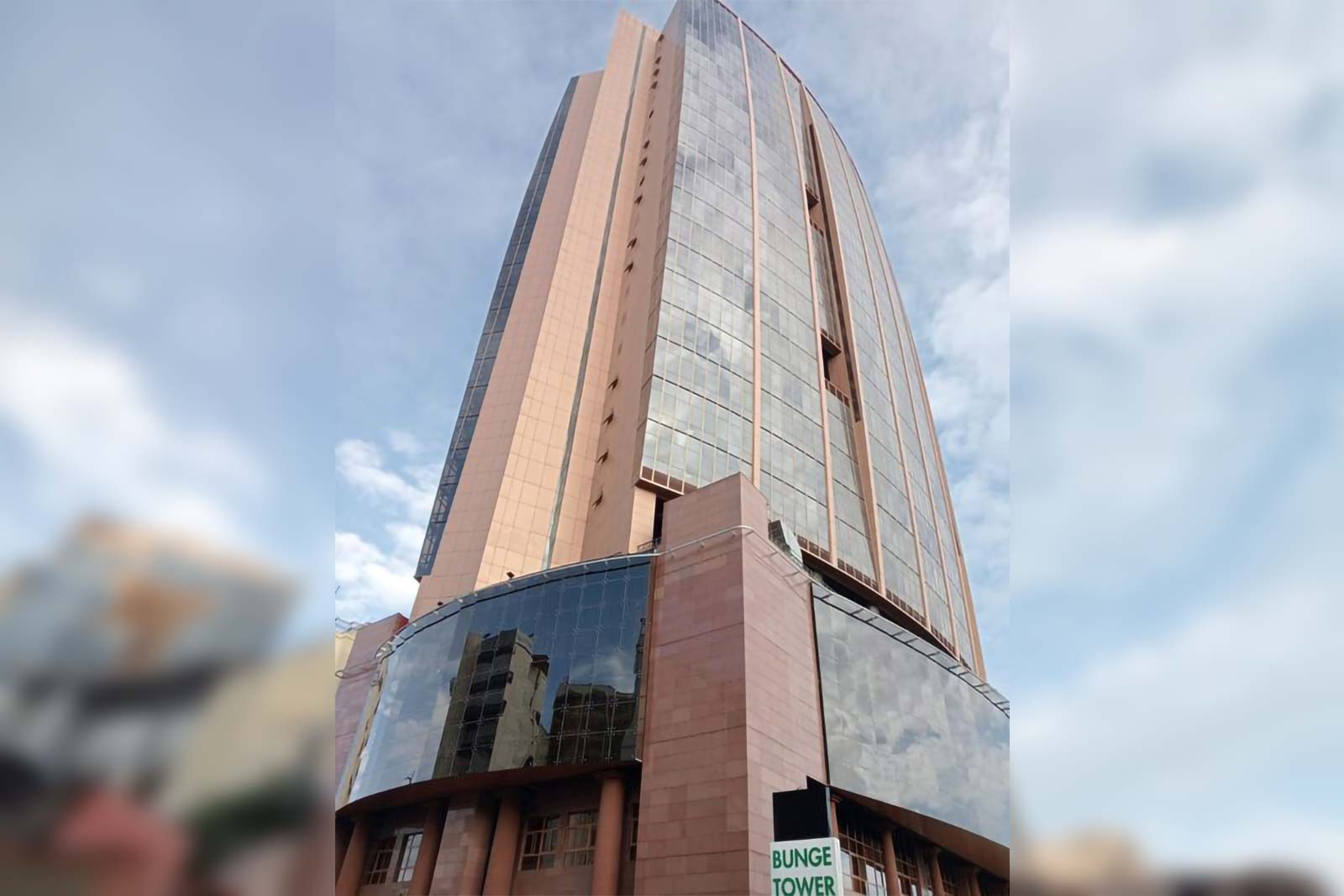
Kenya’s Bunge Tower opens despite safety concerns.
Modern facilities including six elevators and six escalators reportedly serve one of Nairobi, Kenya’s newest landmarks — the 28-story Bunge Tower government building — but details about the vertical-transportation (VT) system, including which company installed, manufactured and maintains the VT equipment — remain shrouded in secrecy. Meanwhile, complaints and safety concerns persist. Some Members of Parliament (MPs) have refused to move in, with grievances including small, poorly ventilated offices, an unstable mobile phone network and elevators that are “very slow and stall at times.”[1]
The expansion and improvement of buildings by the Parliamentary Service Commission (PSC), one of the Independent Commissions in Kenya that ensures smooth functioning of the two Houses of Parliament, i.e., the Senate and the National Assembly, moved a notch higher when it commissioned for occupation the controversial project in May 2024 — a building some have derided as a “Tower of Babel.”
Located along the Uhuru Highway/Parliament Road junction in Kenya’s capital, it was previously referred to as Parliament Tower. The new 125-m (410-ft) tall tower, the eighth tallest in Nairobi, was opened officially by Kenya’s President William Ruto in May, enabling PSC to address office space limitations and accommodate members of the bicameral Parliament of 349 MPs of the National Assembly and 67 of the Senate. Ruto said:
“The modern facilities available in this building, including a library, gymnasium, committee rooms and other essential amenities, provide a conducive environment for MPs and PSC staff and promise to enhance their work output.”
The building, which features an architectural design replicating a shield and the Kenyan flag, has 330 dedicated offices for members of the National Assembly and Senate from the sixth to 22nd floors and 26 contemporary committee rooms. The sixth to 22nd floors will host 330 offices for members. PSC says the Bunge Tower’s design was inspired by the shield emblem of Parliament. “The shield, with its intricate design, has been a symbol of protection and unity for centuries in Kenyan culture, representing strength, resilience and the collective identity of diverse communities coming together under one banner for the greater good,” it observed.
Demand for additional space was occasioned by the increase of the number of MPs in 2010 after the promulgation of a new constitution from 222 to 415 for both the National Assembly and the Senate. This increase in the number of legislators and their staff led to an unprecedented surge in demand for space, noted Senate Speaker Amazon Kingi.
Prior to the opening of Bunge Tower, PSC rented premises within Nairobi, including in Continental House, City Hall, the Protection Building and Tower Block and the Red Cross building — all at an annual cost of roughly US$3 million. “This predicament justifies the need for an office block like Bunge Tower, which not only provides a centralized work environment with all essential amenities easily within reach, but also meets the standards of a modern workstation ideal for use by legislators,” Kingi said.
Bunge Tower’s first, second and third basements have car parking, stores and offices, according to a previous PSC project brief. Bunge Tower parking, which has 350 spaces, is accessed from the adjacent main Parliament building, where parliamentary sessions are held, through the second basement. There is also an underground pedestrian tunnel that links Bunge Tower to the main, existing Parliament buildings through the second basement. According to PSC, the fourth basement houses fire pumps, water storage tanks, a borehole, a rainwater treatment facility, a power booster, drainage pumps and parking.
Despite the ongoing relocation of MPs, construction is ongoing on some of the floors, the lift does not work and some of the offices lack windows,
— Samson Cherargei, senator representing Nandi County
Chinese contractor China Jiangxi International (K) Ltd., which submitted the lowest financial bid of US$44.9 million, was chosen as the preferred bidder for the tower located between Continental House and County Hall and adjacent to Parliament buildings. Although China Jiangxi International’s bid was 0.9% below the initial project estimate, the project’s total cost increased by more than 63% to US$74.4 million, with the implementation period extended from 42 months to 72 months due to legal challenges to the contract award. “PSC should be taken to explain the mystery of millions surrounding the construction of Bunge Tower, which has been a moving target and has taken all these years to be completed,” said Samson Cherargei, senator representing Nandi County.
The Chinese contractor commenced construction in January 2015, but details of the company’s approved engineering designs are scant, and PSC did not immediately respond to queries about concerns raised by its members regarding the new building.
“Despite the ongoing relocation of MPs, construction is ongoing on some of the floors, the lift does not work and some of the offices lack windows,” said Cherargei.
Members of the Senate and National Assembly have questioned not only the 63% increase in project costs, but also the delay in making public crucial information on the tower’s works. Completion and occupation certificates, as well as a certificate of public health on the safety of the building in compliance with Kenyan law, have yet to appear. “When you have lifts that take forever to work, I don’t know whether that is safe,” said Gloria Orwoba, a nominated member of the Senate. This concern has put into question compliance with the National Building Code of Kenya that provides guidelines on achieving safety of passengers and efficiency in the operation of VT equipment, including elevators and escalators — their design, installation and maintenance protocols.
However, Speaker of the Senate Amazon Kingi defended the suitability of the new tower, terming the building “a game-changer for the Parliament of Kenya.”
Although a tender for the installation of lifts in the tower was advertised in 2014, it is not clear to which company PSC awarded the contract, as tender details are unavailable and the Commission failed to respond to a request for additional information on the installation of the six escalators and six lifts.
Elsewhere, at the seven buildings PSC has rented for some MPs who declined to take offices in the new tower, VT equipment has been supplied by various international manufacturers, either directly or through local agents. Last year, PSC advertised tenders from eligible bidders to apply for the provision of repair, service and maintenance of lifts in the six rented buildings of Continental House, Tower Block, Protection House, City Hall, the Red Cross building and the Senate’s new wing. The buildings have a combined 10 lifts manufactured by KONE, Mitsubishi, Schindler and SJEC Elevators & Escalators. The lifts at these buildings have an average load per lift of between 320 kg and 1050 kg, serving between two floors and 14 floors. PSC says the lifts move at a speed of 1 m/s to 1.6 m/s and are controlled via V3F multispeed controllers. The rest are operated electronically.
Despite safety concerns about the new building, the opening of Bunge Tower is a milestone for Nairobi’s steadily growing skyline as Kenya’s economy continues to attract more investment from both public and private real estate investors. This investment trend is expected to keep Kenya’s VT business thriving — especially the operation and maintenance segment — in the medium to long term.
Reference
[1] Owino, Samwel. “Wetang’ula Warns MPs Against Berating Sh9bn Bunge Tower,” Nation, April 18, 2024.
Get more of Elevator World. Sign up for our free e-newsletter.


